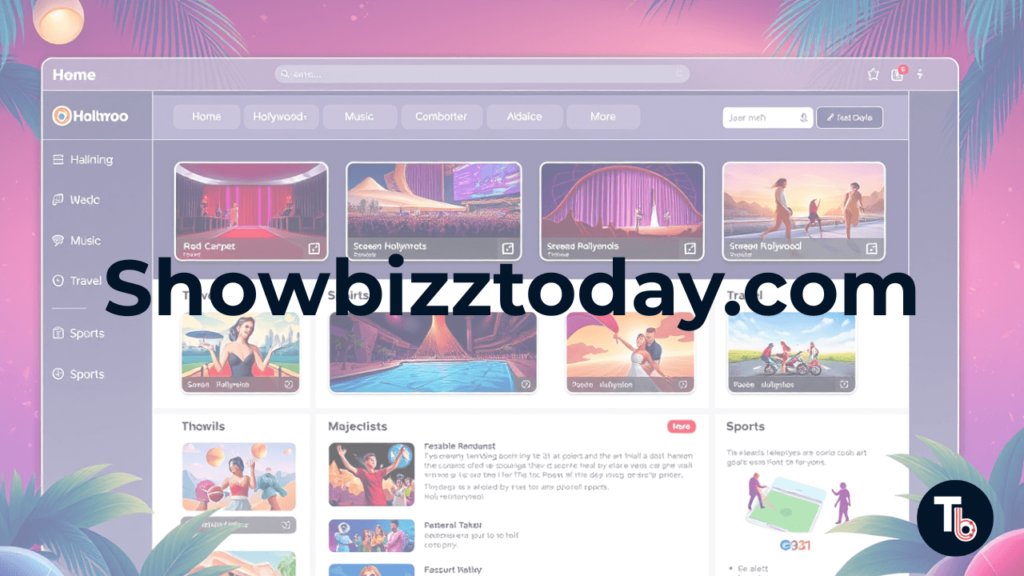Let’s talk about something that’s been whispered across forums, shared in group chats, and bookmarked more times than most of us care to admit—123Movies. If you’ve ever typed that name into a search bar, you probably already know what I’m talking about. This wasn’t just a site—it was the underground theater of the internet. A digital rebel yell against pricey subscriptions and geo-blocks.
And for a while? It ruled the internet like a streaming king with no crown—just a domain name that changed every couple of months.
A Disruptor Is Born: How 123Movies Took Off
Let’s rewind the clock to the early 2010s. The world was still figuring out what streaming was supposed to look like. Netflix was starting to find its feet, Hulu was peeking over the fence, and cable TV still thought it had a chance.
Then came 123Movies—barebones layout, zero login required, and one mission: let people watch anything, anytime, for free.
That’s right. No credit card. No sign-up. Just type in what you want and boom—your movie night was sorted.
This stripped-down model made it a smash hit among college kids, international viewers without streaming access, and frankly, anyone tired of juggling five subscriptions just to catch up on one series.
Why the World Couldn’t Get Enough
So why did it blow up? Three words: accessibility, variety, and convenience.
You didn’t need a tech degree to use the site. You didn’t need to subscribe to five platforms to watch five shows. And you definitely didn’t need to wait three months for international release dates.
123Movies had something for everyone—from Marvel flicks and anime to obscure indie films and K-dramas. Didn’t matter what you were into or where you lived—chances were, it was just a click away.
Designed for the All of Us
Now let’s talk design. Was it pretty? Not always. Was it functional? Absolutely.
The interface was like a buffet of blockbusters—clean, searchable, categorized. You had your trending films, newest uploads, and even curated lists based on genre. Plus, the built-in media player let you choose the video quality depending on your internet speed.
Yes, there were pop-ups. And yes, they could be annoying. But for many, that was a fair trade-off for instant access to the latest releases.
Some versions of the site even let you pick up where you left off. For a site living on borrowed time, that level of user-friendliness was kind of impressive.
Worldwide Content, Zero Borders
One of 123Movies’ biggest strengths? It didn’t care where a movie came from. U.S. blockbusters, British period dramas, Korean thrillers, Bollywood hits—you name it, it was probably there.
Its global reach wasn’t just a bonus—it was a major part of the appeal. The site became a window into cinema from every corner of the world. Where other platforms were bound by licensing restrictions, 123Movies ignored them altogether.
Genres? Covered. Languages? Plenty. Release years? Spanning decades. It was like a digital film festival that never closed.
The Legal Tightrope
Of course, you don’t become this popular without ruffling a few legal feathers.
123Movies didn’t host the content itself. It aggregated links, but those links often pointed to pirated material. That made the site a huge red flag for studios and copyright enforcers.
The Motion Picture Association of America (MPAA) once called it “the most popular illegal site in the world.” That was back in 2018, right before a temporary takedown. But like any internet hydra, cut off one head and three more popped up. New domains, mirror sites, alternative URLs—it never really went away.
Legal teams hated it. Users loved it. The tension between both created an ongoing digital cat-and-mouse game.
Pushing the Industry Forward—Like It or Not
Here’s the twist: even as studios and platforms condemned it, 123Movies was quietly influencing them.
Think about it—Netflix started offering global releases more quickly. Disney+ rolled out same-day premieres. Amazon Prime bulked up its international catalog.
Why? Because platforms finally realized that people weren’t going to wait—or pay triple—just to watch a film that dropped months ago elsewhere.
123Movies, for all its legal baggage, showed the industry what users really wanted: speed, diversity, and easy access. And guess what? The industry responded.
The Trade-Offs: Risks Behind the Scenes
Now, let’s not sugarcoat it—using 123Movies wasn’t without its headaches.
The ads were aggressive. Some links redirected to sketchy corners of the internet. Malware? It was a possibility. Phishing pop-ups? Also in the mix.
Since the site didn’t ask for accounts or passwords, identity theft wasn’t a huge concern. But your laptop catching a virus? Definitely on the table.
That’s why many users turned to VPNs and ad-blockers—just to watch safely. Still, even with extra precautions, you were always walking a thin digital line.
Rise of the Mirror Sites: The Ghost Lives On
After repeated shutdowns, the original 123Movies domain is no longer around. But like a digital ghost, its presence lingers.
Mirror sites and clones pop up regularly, some pretty slick, others full of spam. Forums and Reddit threads still buzz with updates about “the best new 123Movies site” or “where to stream without ads.”
That’s not nostalgia. That’s demand. And that demand hasn’t gone anywhere.
In places where legal streaming is expensive or limited, mirror sites are filling the void. The original may be gone, but the idea lives on—free content, fast access, and no strings attached.
The Ethics of Streaming in a Connected World
Here’s the bigger question: should entertainment be locked behind paywalls, or should it be universally accessible?
That’s the ethical debate 123Movies unintentionally kicked off. When people flock to a platform that technically operates outside the law, it’s often not because they want to break the rules—it’s because the legal options aren’t meeting their needs.
Today, more platforms are trying to bridge that gap with free trials, localized pricing, and wider catalogs. It’s a start—but there’s still work to do if we want to make entertainment truly accessible.
So What’s the Takeaway?
123Movies wasn’t just a site. It was a moment. A movement. A mirror held up to an entertainment industry that had grown a little too comfortable.
It didn’t just give people free movies—it gave them a reason to expect more from the platforms they were paying for. More content. access.and More value.
Sure, it had flaws. It pushed legal and ethical boundaries. But it also pushed the industry forward in ways that are still unfolding today.
Final Thoughts: The Legend That Won’t Quit
In the end, the story of 123Movies is about more than just pirated films and pop-up ads. It’s about the desire to connect with stories—without borders, without fees, and without delay.
The platform may not be around in its original form, but its influence? Oh, that’s still here. Every time a show drops globally on the same day, or a streaming service cuts its price, you can thank the quiet pressure that sites like 123Movies created.
Because once people get a taste of freedom, they don’t go back. They ask for more.
And that’s the legacy that no shutdown can erase.


